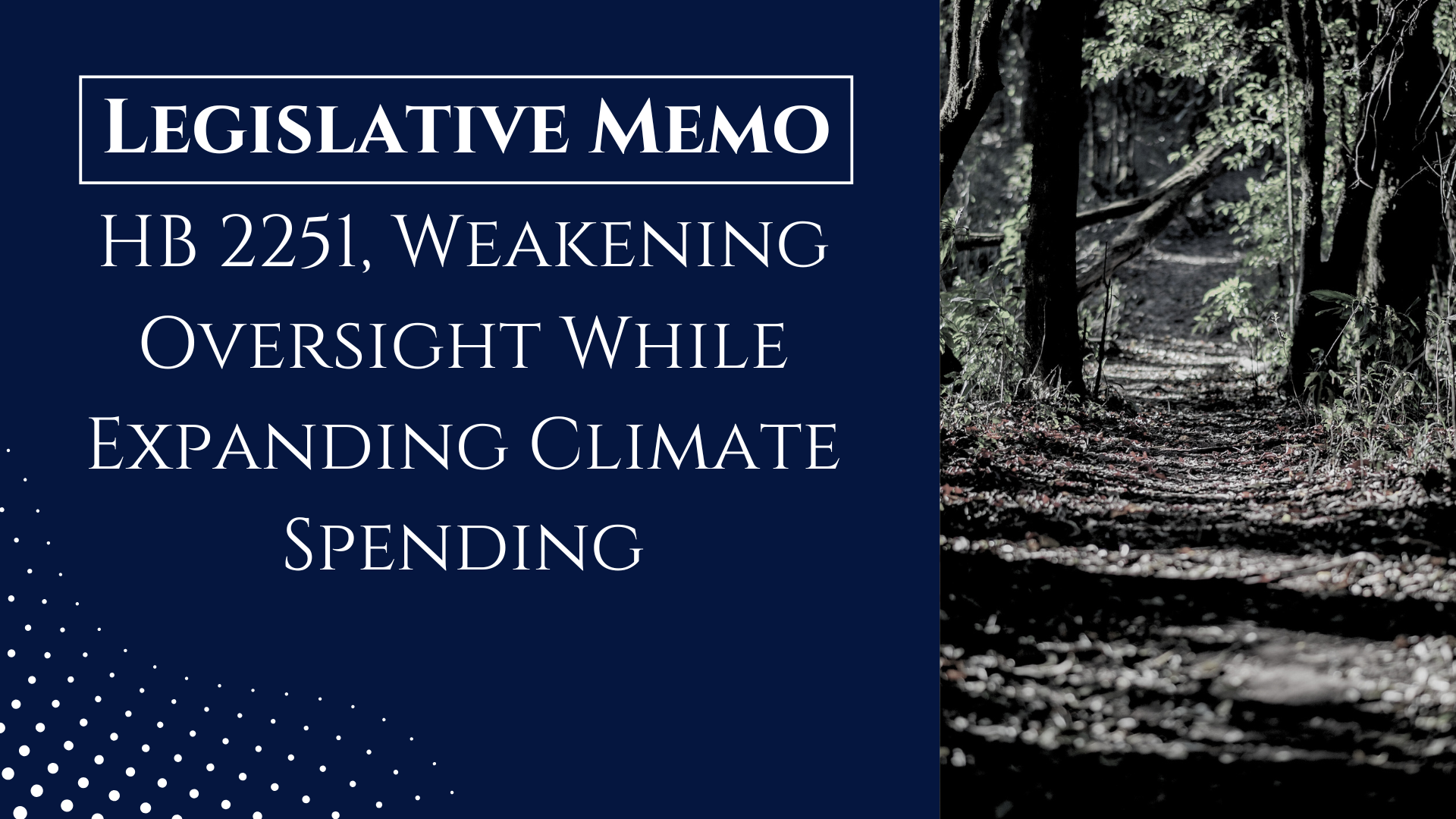Never let a climate crisis go to waste. That is the approach politicians and special interests take when it comes to using policies purportedly designed to fight climate change to reward political allies.
Last year, as Congress was finalizing the “Build Back Better” budget proposal, they included a long list of tax credits to promote renewable energy. For example, the Production Tax Credit (PTC), rewards the generation of certain types of renewable energy for every kilowatt-hour (kWh) of electricity. The proposal offered a credit of 0.5 cents per kWh, and a “bonus” credit of 2.5 cents per kWh. To receive that bonus, generators must “pay prevailing wages during the construction phase and during the first 10 years of operation and if registered apprenticeship requirements are met.”
The proposed bonus for following union rules and using union labor was five times as large as the incentive to generate renewable energy.
With so much rhetoric about the “climate crisis,” how did Governor Inslee’s Senior Climate Advisor, Anna Lising, respond to the disparity between incentives for renewables and special interest rewards? With glee.
“Yassss labor provisions!!” she said in a September 12, 2021 email, looping in the governor's senior labor policy advisor. She went on to note that there was “a significant tax incentive for projects with strong labor provisions” (italics hers).

Instead of spending resources on maximizing the generation of renewable energy or reducing CO2 emissions, the proposal was to siphon off funding at the rate of five dollars for political allies for every one dollar to fight the “climate crisis.”
Clinton advisor Paul Begala once said, “The budget is a profoundly moral document.” Quoting the Bible, he said, “For where your treasure is, there will your heart be.” For Governor Inslee’s senior climate advisor and the authors of the Build Back Better budget, their heart is with political allies far more than it is with fighting climate change.






